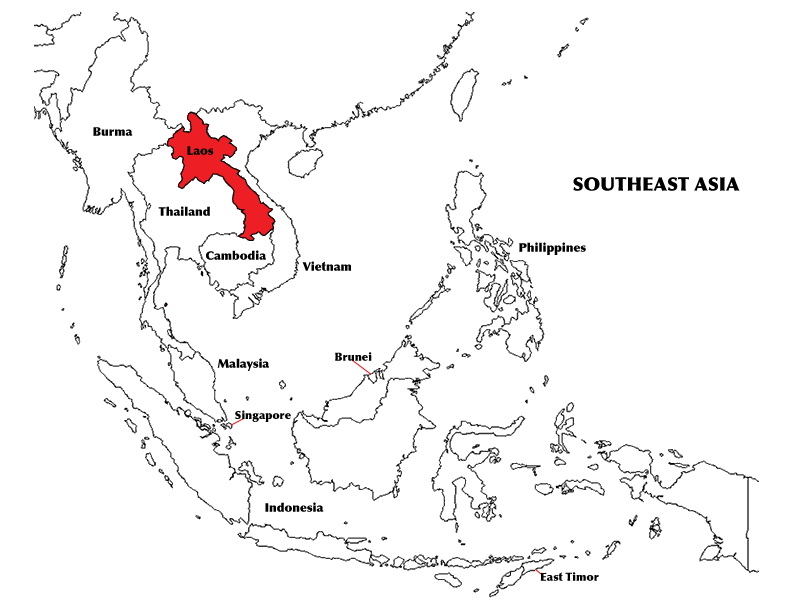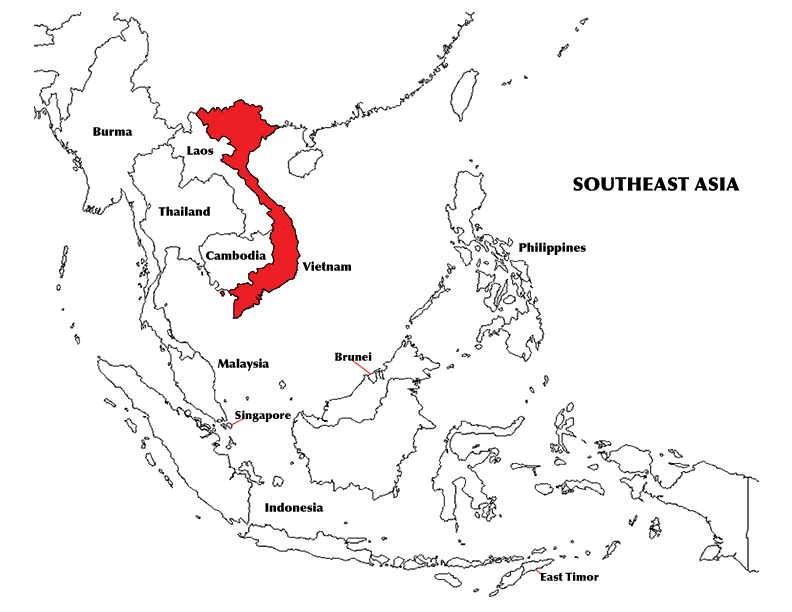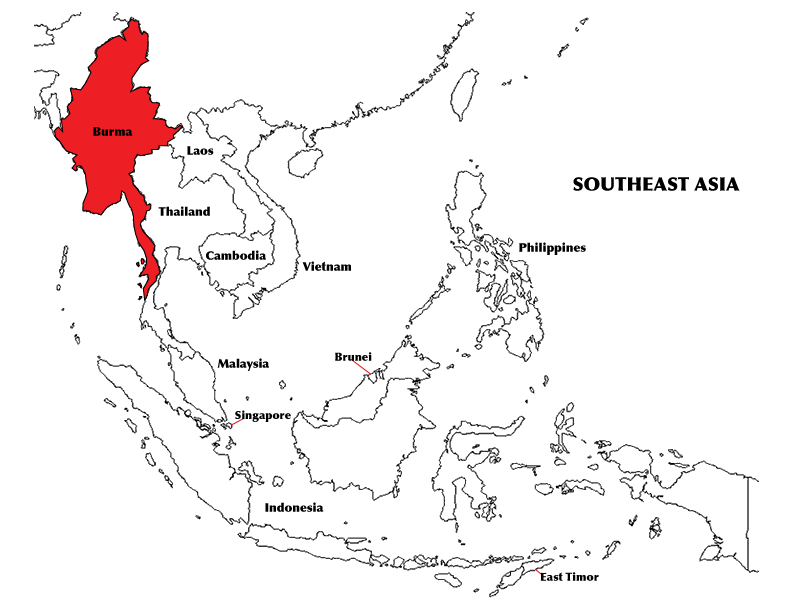
Laos is the least populated country in Indochina; home to nearly 7 million people. It is a single-party Marxist state, and ranks close to Cambodia and Burma on the tail end of human development indices. Ethnic Lao are about 55% of the population and inhabit the lowland regions. Numerous ethnic minorities inhabit more elevated regions, including the Hmong, who are about 8% of the population.
In this post I review one small study with intelligence test data for the nation of Laos. I also summarize over a dozen studies with intelligence and achievement test scores for Laotians living in the United States. A majority of these studies are for Hmong Americans.




